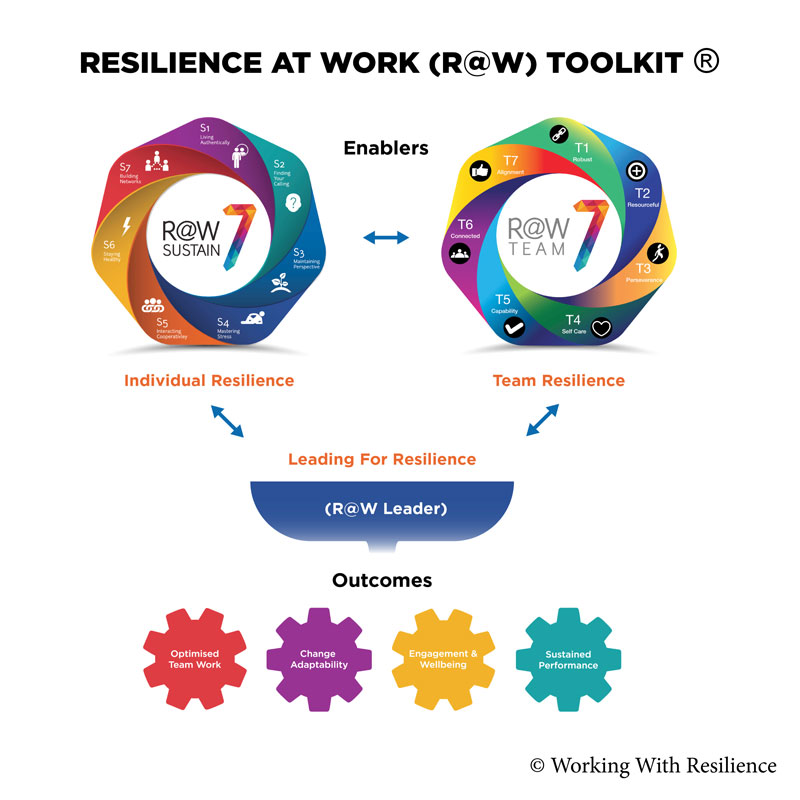Resilient Leaders - Why you don’t need to be a superhero to lead your team through crisis

As a Leader, faced with challenging times ahead, you need your people to stay productive and continue to meet stakeholder expectations, even with limited resources. In this article we look at how reframing our ideas around resilience can help you develop a persistent and adaptable team of people who thrive in a crisis. And, you don’t need superpowers to achieve it.
For years, resilience has been billed as one of those ‘must have’ leadership competencies. Considered to be a highly sought-after trait found in the most accomplished leaders who have demonstrated the ability to remain calm and composed when faced with a crisis, and to emerge stronger and wiser. Resilience as a leadership competency has been framed as the ability to recover and learn from business setbacks.
Resilience in individuals, on the other hand has generally been discussed purely in the context of the ability to deal with stress and manage emotions. Consequently, individual employee resilience has typically rested solely on the HR well-being agenda. Improving health and well-being is of course important, but as a single strategy it is not enough to sustain or develop employee resilience and performance amid the growing demands of corporate life.
Challenging perceptions
What makes for a resilient team?
Resilient teams proactively problem solve. When stretched to the limit of their resources, they dig deep to creatively address challenges, and they do so with purpose, holding themselves accountable for their own results. In fact, a resilient team will have all the factors you expect to see in a high performing team too. Though, of course, a high performing team doesn’t necessarily make for a resilient team! (That’s a subject for another blog.) And, a group of resilient individuals doesn’t necessarily constitute a resilient team. (More about that another time.) The good news is that resilience can be developed and sustained in individuals and teams, providing you as a leader are prepared to work to shape an environment that your team needs to thrive.Where to start?
Getting a temperature check of how you’re doing now is a good start. Exploring your strengths as a leader and what you do well in terms of fostering resilience, is paramount. After all, you need to know what it is you’re doing well so that you can keep on doing it. And then you need to explore what more you can do to foster that environment of persistence and adaptability. We recommend using the R@W Team Model to facilitate a conversation and develop an action plan.Don’t try and be a Superhero
No-one is expecting you to be a superhero, and you need to take care of your own levels of resilience too. Focusing on the 7 strategies in the R@W Individual model to develop and sustain your own levels of resilience will a) help you be a good role model for your team b) help you through the trials you will undoubtedly face and c) provide opportunities for your own continued personal development.

